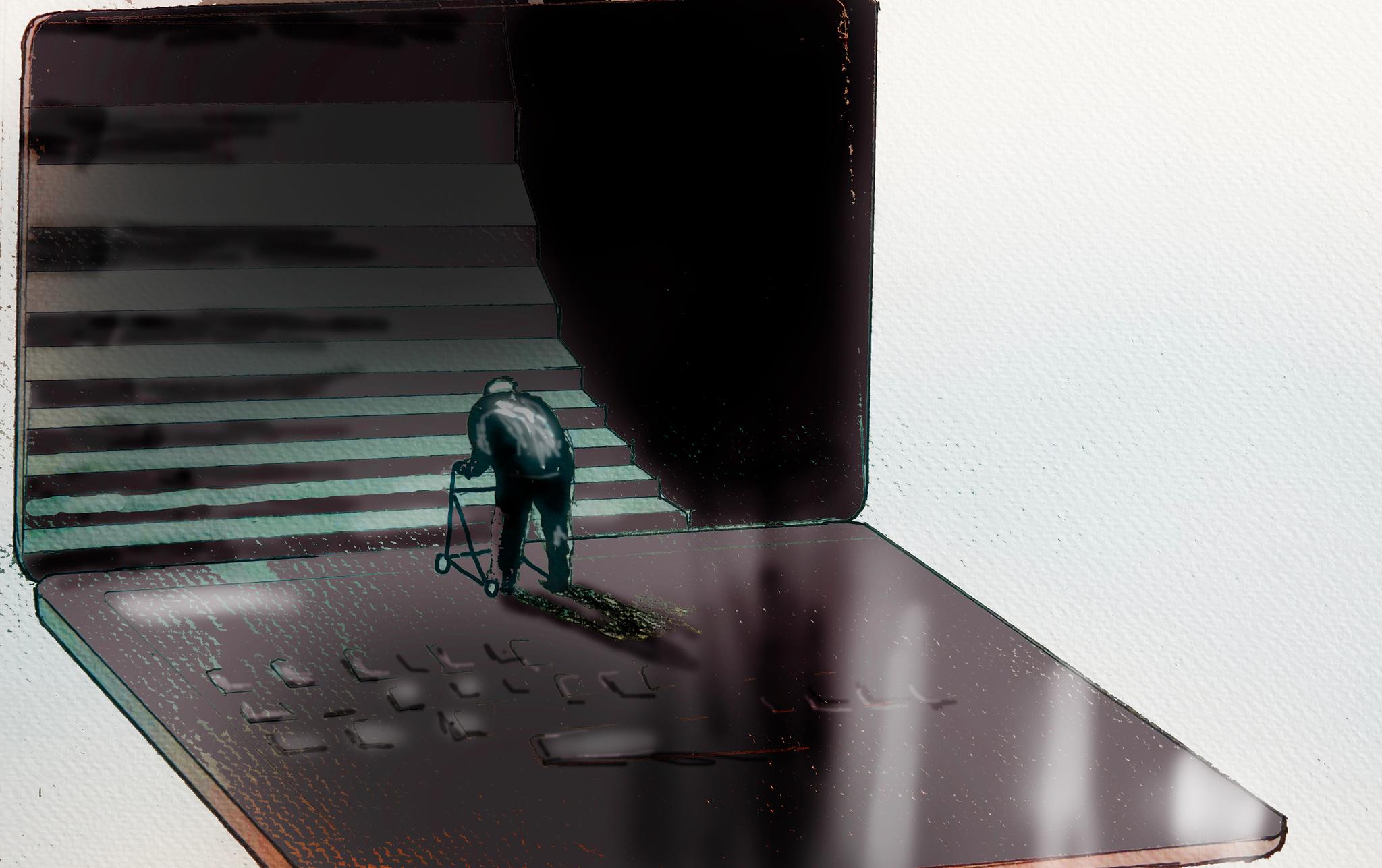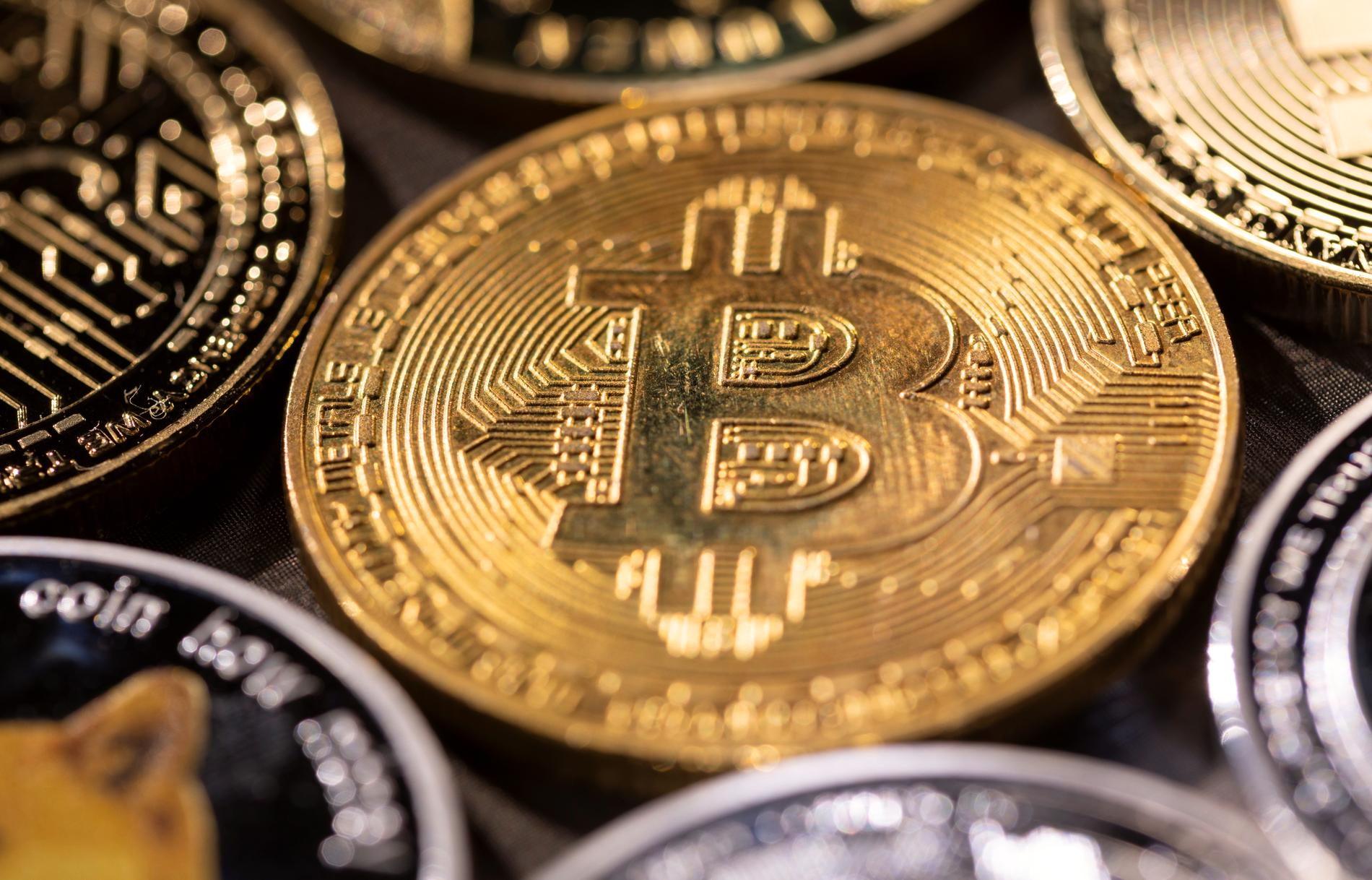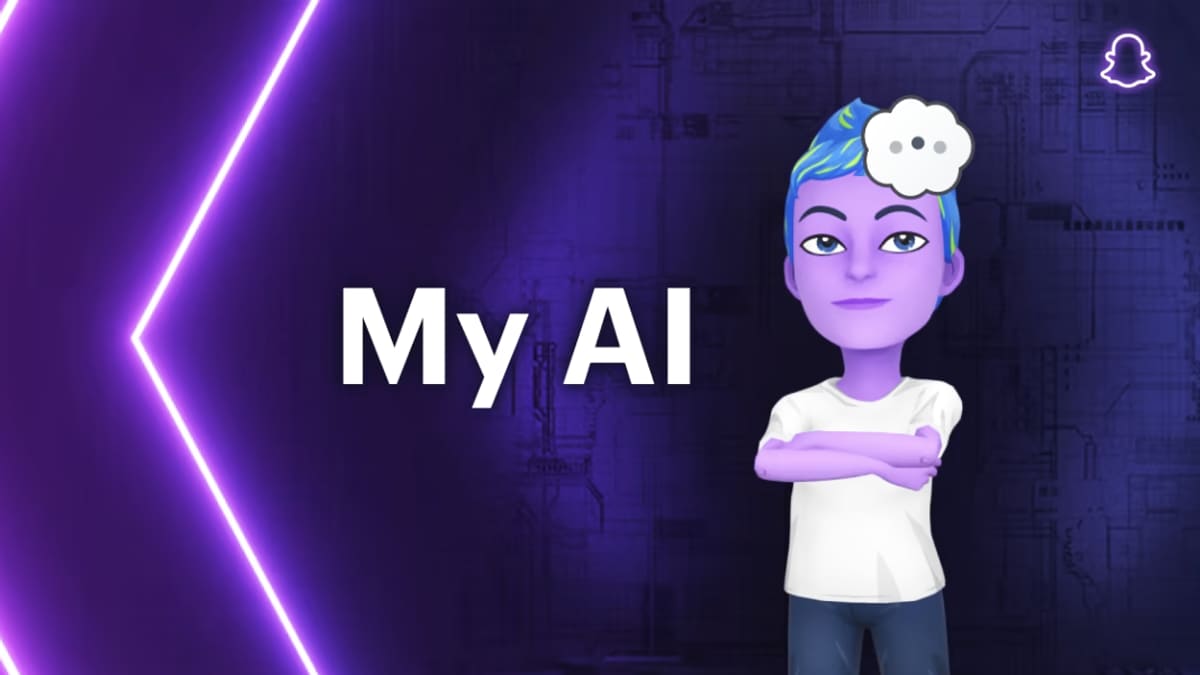All the changes that happen all the time do something to us.
No, we’re not particularly angry, we’re old people. Or stupid. Just sad sometimes, and a little scared. Because of all the things we loved that no longer exist. And all the changes are happening – all the time. It does something for us.
Throughout history, older people have always had to adapt to new circumstances and demands – this is a normal part of life. But hardly as quickly and comprehensively as we see today.
In my mother and father’s lifetime, the technological changes that brought about a new era were the further development of great inventions – such as the train/steam engine (ca. 1800), the telephone (ca. 1876), electricity (end of the 19th century), the automobile (ca. 1900) And the plane (in 1903) and the enormous opportunities that this provides. While the big changes of our time revolve around data development.
What has digitalization done to our daily lives, for better or worse?
The advantages of the digital world are many – for everyone, but especially for young people. But there are also many disadvantages – especially for older people.
Social media has radically changed social debate. Most people have become more involved in issues and in each other, and now everyone can participate – in the name of democracy. very good! Before then, the path to the public sphere was primarily through newspapers run by editors. For a few.
But when misused, the digital world simultaneously opens up hate and polarization to fake news, personal attacks, and confrontation. It is scary for democracy when people are reluctant to participate politically. Fearing the negative exposure that comes with it.
Spam and fraud attempts
It would have been nice to have more understanding from the community around us about what it means to be older in the computer community – for us million Norwegians over the age of 60.
We must follow the development. So most of them choose “over the years” to adapt to the computer world for the sake of absolute necessity:
Many of us have iPhones and PCs, use online banking and BankID, are probably on Facebook and Instagram, and most of us are on our way. But there’s always a warning bell in the back of your mind that you – who don’t know more than the basics and don’t understand all the operating systems in the world – could easily be taken advantage of or make a mistake. Maybe the bank account will be emptied? Or is the guy on Tinder evil?
Then there is the so-called spam, the scam attempts and the slightly creepy calls from far away areas at night. And scammers who say they are calling from the bank. And packages that we have to receive, which we did not order. Last year, 300,000 Norwegians became wise Regarding online shopping.
Maybe the bank account will be emptied? Or is this guy on Tinder evil?
The worst is almost all the queries you don’t want, and don’t even know what they are. “In the old days” you would actively ask for something you were interested in. Today you have to spend time – and adrenaline – deleting things you didn’t ask for! It makes those of us who aren’t computer experts unsure and a bit afraid. This in turn means that we are moving further away from computers!
Most are updated all at once, with increasingly smarter solutions. Definitely great for little ones. But not for us who just struggled through the last update and now have to start the next one. And who also don’t have an IT office at work or others to ask for help.
Unstoppable misery
Previously, we received little of the world’s misery through a few newspapers and a limited television channel. Today, we are served the world’s misery non-stop, around the clock – via a host of channels and a mobile phone in our pockets.
Then there are the attacks on Parliament (2020). Influencing the US Elections (2016). The major cyber attack this summer on 12 of our ministries. Recently, the National Security Agency informed us of a “serious digital attack against a number of companies in Norway.” No wonder we feel fear.
Is our society ready for this massive transformation? It is taken into account by authorities, companies and organizations 600,000 Norwegians Who have little or no digital skills – mostly older people? Do they close the business then? To a small degree.
Do authorities, companies and organizations take into account the 600,000 Norwegians who have little or no digital competence – most of whom are elderly?
Many seniors prefer calling rather than messing around online. Because that’s what we’ve always done, and it’s faster – basically. But when you call banks and public agencies today, you’re often told, “There are too many people calling us now.” Maybe the fact is that they don’t have any employee answering the phone anymore, and that’s why it takes time!
In Aftenposten, the tax authority reviewed the level of service it provides to a pensioner last fall – and that’s right.
And you can no longer call many stores – at all. They admit it themselves: “We don’t answer the phone, use the Internet!”
What about digital home service?
The problem of lack of computer literacy will not go away on its own in a few years, for those who might think or hope it will. Because it’s not just “old people” who aren’t very digital. Even in one of the world’s most digital countries, there will always be a relatively large group without computer skills.
We old people don’t think like young people. Don’t live like kids. We don’t have our laptop 24/7 – neither in the senior center or on the subway, nor in a café or while walking in Marka. We have other needs! The society around us should pay attention to that, instead Closing of the Office of the Ombudsman for the Elderly! Seniornett offers useful computer courses for seniors, but what about digital home service? Just to mention something.
With the recent change of government this fall, we have a separate Ministry for Digitization. It should address some of the challenges that digitalization poses to a large and growing segment of the population. Because we form an important and powerful purchasing group of users, who are strangely attuned to our needs and the state of our lives.
Other values
The earlier you learn, the better the new knowledge is retained. Interest gives knowledge – and vice versa. My generation has experienced this crazy development in their lives. We got our first mobile phone when we were forty, and a computer only ten years before that. The next generation got both as teenagers, and their children soon entered kindergarten. Age is important.
So, unlike those grandparents who are impressed by their grandchildren’s computer skills, I’m not impressed at all. Because they learned when they were young, unlike us. Rather, we should give them other values. What we are good at – such as Walking in the Jungle, Vlaklepa, Pancakes and Cardamom City.
There’s a lot more to us than new technology that we’d rather fill up on last.

“Web specialist. Lifelong zombie maven. Coffee ninja. Hipster-friendly analyst.”



